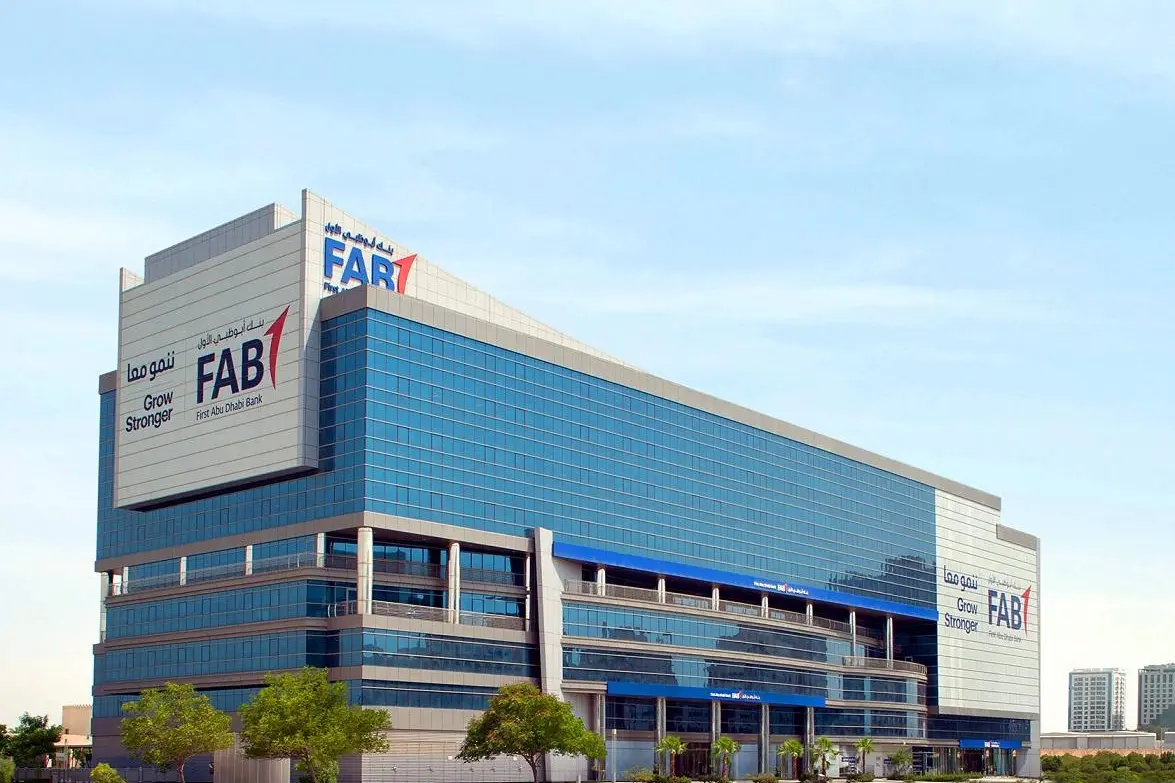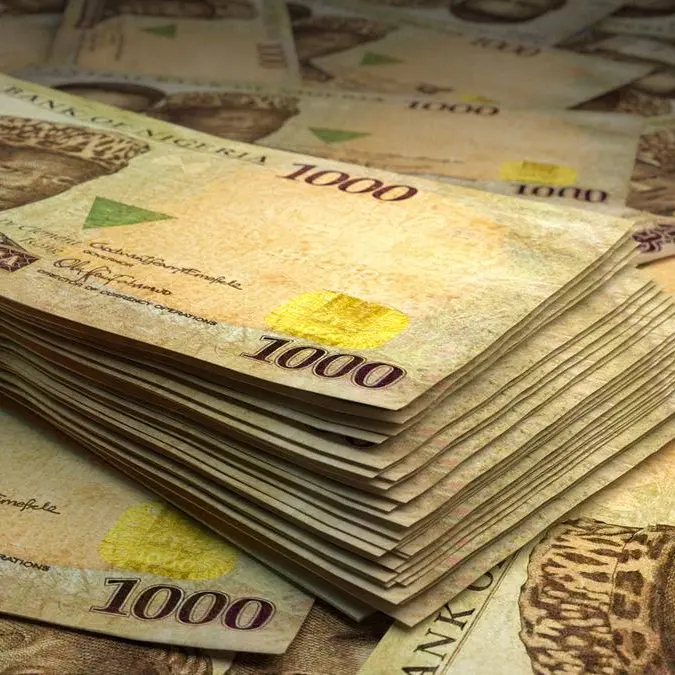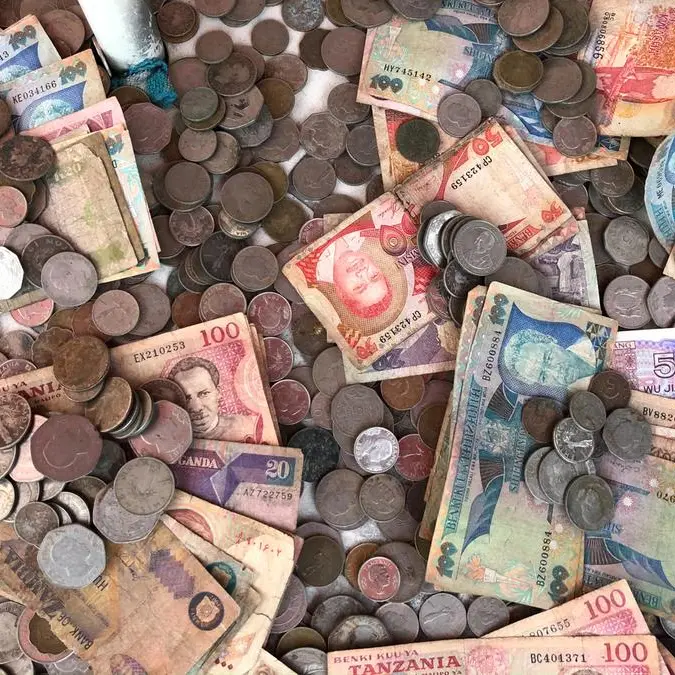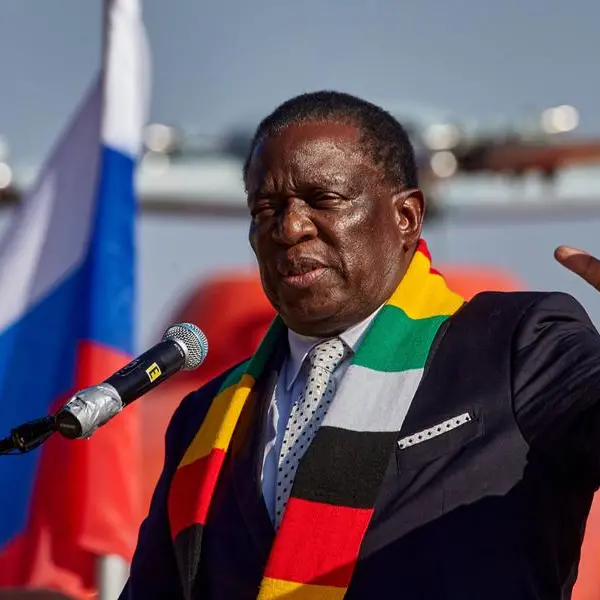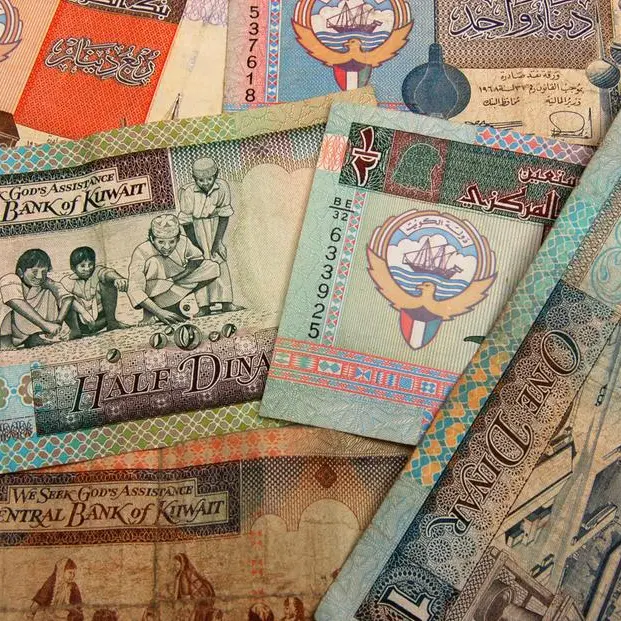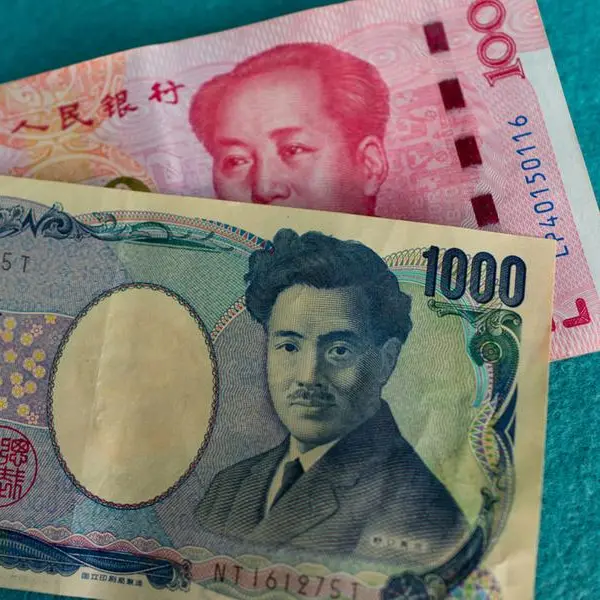PHOTO
First Abu Dhabi Bank became the first issuer from the Gulf to sell a Tier 2 bond this year, placing a US$750m 10.5-year non-call 5.5 note on Tuesday.
The region's banks had focused exclusively on AT1 issuance in 2024 in terms of capital trades but FAB had no problems. It had only been nine months since the bank's last Tier 2 deal, which was a US$1bn April 2034 bond with a first reset in April 2029. That bond was spotted by the leads at 151bp over Treasuries.
Books opened on this latest transaction at the 185bp area over Treasuries. A banker close to the deal said investors were focused more on the spread pickup over FAB's senior debt, than on how much it was coming inside its AT1s.
He said the fair value level was an implied 65bp pickup over the senior curve based on the senior/Tier 2 differential for European banks. That suggested that fair value was at plus 155bp, which is exactly where the deal priced, off books of more than US$2.15bn.
While the relative premium over senior debt was similar to European banks, the all-in cost was lower for FAB (Aa3/AA–/AA–) compared with its European counterparts. "It was well inside European all-in levels," said the banker. The FAB bond priced at a yield of 5.804%.
Unlike most GCC issues, the vast majority of buyers came from outside the region. The banker said the non-regional allocation was about 80%, with real money accounts and insurers key components of the buyer base.
The intention of the deal was to boost FAB's Tier 2 bucket as opposed to its overall total capital.
The bond is expected to be rated A by Fitch. Deutsche Bank, Emirates NBD Capital, First Abu Dhabi Bank, JP Morgan and Standard Chartered were the bookrunners.
Two days after the Tier 2, FAB was back raising money, this time in the Formosa market. It raised US$800m from a five-year floating-rate green Formosa bond at SOFR plus 105bp.
The Reg S senior unsecured notes are rated Aa3. Credit Agricole Taipei branch and Standard Chartered (Taiwan) were lead managers.
The deal saw strong support from non-Taiwanese investors, with 31% allocated to Asian investors outside of Taiwan and 10% to other offshore investors. The deal is dual-listed in Taipei and London.
Net proceeds will be used to finance or refinance eligible green projects in line with the issuer's sustainable finance framework.
There was also some activity in the UAE corporate market as real estate developer Binghatti Holding tapped its US$300m 9.625% February 2027 sukuk for US$200m. Books opened at 100.875–101.125, equivalent to a yield of about 9.126%–9.234%.
It priced at the tight end, at 101.25, as books climbed to more than US$400m. The issuer is rated B+ by Fitch.
Abu Dhabi Islamic Bank, Dubai Islamic Bank, Emirates NBD Capital, HSBC and Mashreq were the global coordinators. They were also bookrunners alongside National Bank of Ras Al-Khaimah and Sharjah Islamic Bank.
Source: IFR
